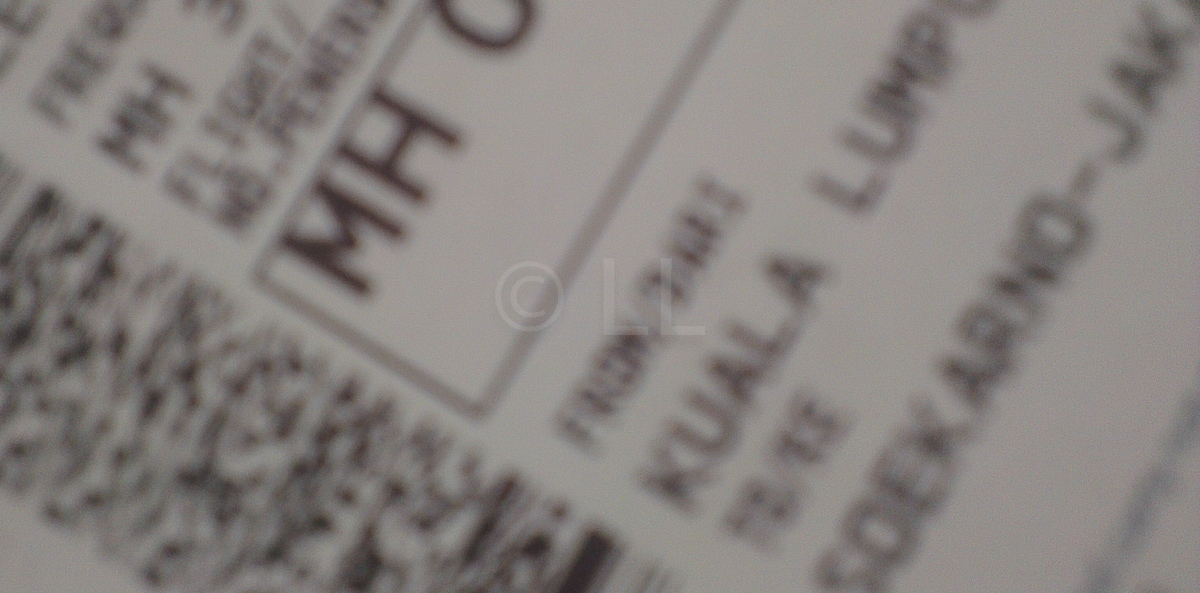You’ve probably read lots of scary online stories about why you should never throw your boarding passes away.
What’s the real deal?
Some of these stories focus on the Frequent flyer number and how some airlines show a part of the Frequent Flyer number, but embed the whole number in the barcode or QR code. Once they have your Frequent Flyer number they can steal all your points or worse!
So I don’t have any Frequent Flyer number. All’s OK, right?
Other pieces just generalise to say that ‘all your details’ are there and if someone with bad intentions gets hold of your old boarding pass, they can change PINs and get ‘all your information’. Scary stuff.
We’ve flown on quite a few different carriers over the years and have a decent selection of boarding passes that we’ve kept, though mainly for sentimental reasons.
Since the rise in availability of barcode reader apps in smart phones, there have been people looking for opportunities to do ‘stuff they shouldn’t, for their advantage, not yours’. i.e. steal information.
So, in the interests of research, we’ve done a few checks of our collected Boarding Passes with our handy little phone scanner and discovered:
- Different airlines include different information, other than the basic name, Flight no, From/To, seat no and boarding gate etc
- Some airlines include the full Frequent Flyer No on the boarding pass, others only include the last few digits, with the whole number embedded in the code
- Whether you’ve booked online, or through a booking agent, there will be a Booking Reference included in the code. That’s the one I’d be most concerned about people getting.
- Your Booking Reference can be entered in the airline ‘Manage Booking’ page, with only your surname and all your details will show, which may well include all the bank and credit card information you used to pay for the ticket.
How long do I need to keep them safe?
If you want to keep your boarding passes, that’s fine, as long as you keep them in a safe place. If you do choose to dispose of them, make sure the bar codes are destroyed and can no longer be read. That means tear them up. Don’t just crumple it and throw them in the nearest rubbish bin as you reach your destination.
There’s no need to be paranoid about this – just be aware of the reasonable level of care you need to take to keep your private details private.
Happy travelling!







This Post Has 0 Comments